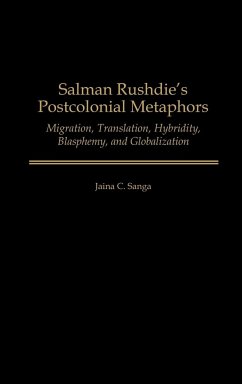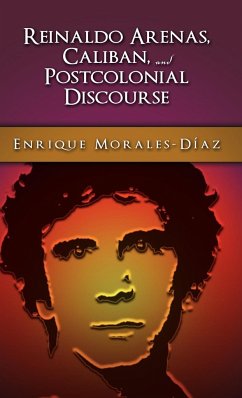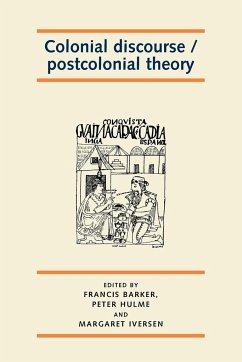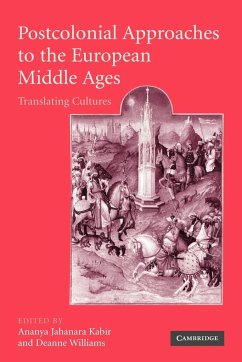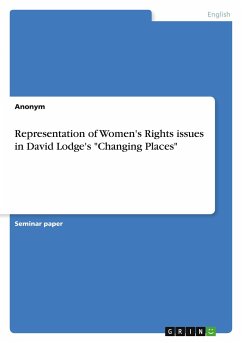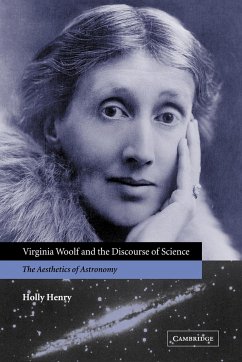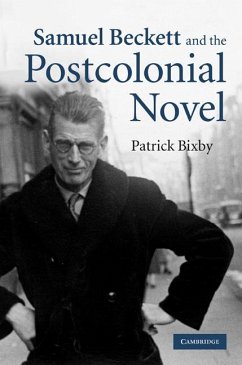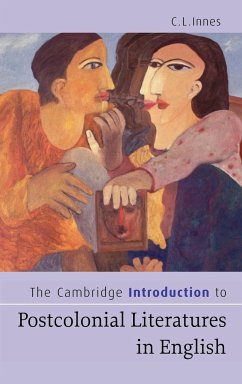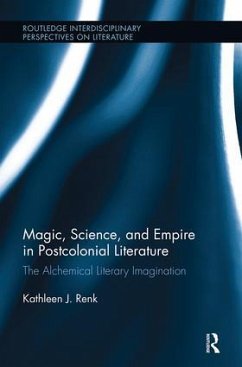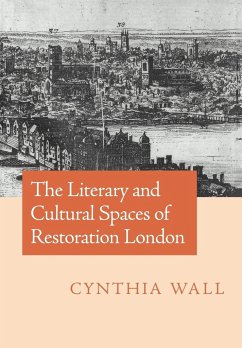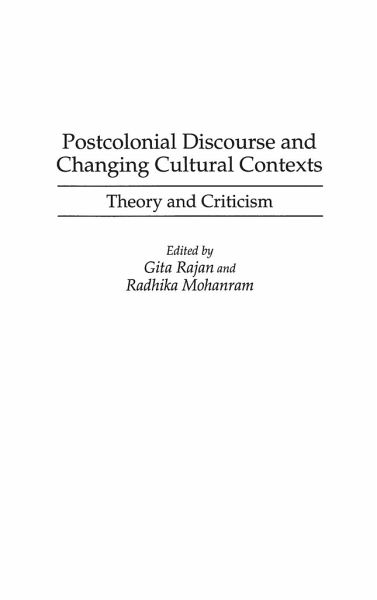
Postcolonial Discourse and Changing Cultural Contexts
Theory and Criticism
Versandkostenfrei!
Versandfertig in 1-2 Wochen
91,99 €
inkl. MwSt.

PAYBACK Punkte
46 °P sammeln!
At the heart of coloniality and postcoloniality is the idea of empire. This book examines various theories of empire, and how they create networks of discourse in contemporary postcolonial settings. In exploring the idea of empire, the contributors consider such constructions as nation and modernity, identity politics, the status and role of exiles, and border intellectuals. Postcolonial texts considered include literature and films.
Postcolonial discourse is fast becoming an area of rich academic debate. At the heart of coloniality and postcoloniality is the contested authority of empire and its impact upon previously colonized peoples and their indigenous cultures. This book examines various theories of colonization and decolonization, and how the ideas of a British empire create networks of discourses in contemporary postcolonial cultures. The various essays in this book address the question of empire by exploring such constructs as nation and modernity, third-world feminisms, identity politics, the status and roles of exiles, exilic subjectivities, border intellectuals, and the presence of a postcolonial body in today's classrooms. Topics discussed include African-American literature, the nature of postcolonial texts in first-world contexts, jazz, films, and TV as examples of postcolonial discourse, and the debates surrounding biculturalism and multiculturalism in New Zealand and Australia.



